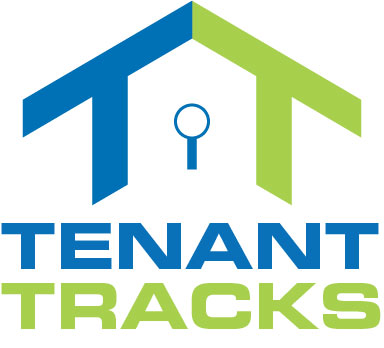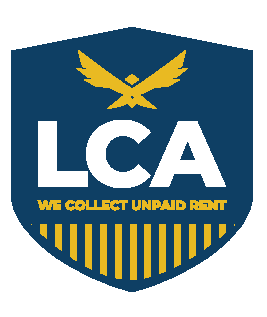Connecticut does not have statewide rent control laws. This means landlords can generally set rental rates as they see fit,subject to market conditions and lease agreements. However, there are some nuances to consider:
Fair Rent Commissions
While not traditional rent control, Connecticut allows municipalities with a population of 25,000 or more to establish Fair Rent Commissions. These commissions can:
- Mediate disputes: Between landlords and tenants regarding excessive rent increases.
- Enforce landlord-tenant statutes: Including prohibitions against retaliatory evictions.
It’s crucial for landlords in municipalities with Fair Rent Commissions to understand their powers and responsibilities.
Protections for Tenants
Recent legislative changes have introduced additional protections for tenants, particularly those aged 62 and over or with disabilities. These tenants have increased protections against evictions and rent increases in buildings with five or more units.
Recent Attempts at Rent Control in Connecticut
While Connecticut doesn’t have statewide rent control, there have been significant developments and attempts to introduce rent control measures in recent years:
- Cap the Rent Connecticut: This grassroots organization has been highly vocal about the need to cap rent increases and ban no-cause evictions. Their efforts led to the introduction of H.B. 6588, proposing a 4% annual rent cap.
- Fair Rent Commissions: While not traditional rent control, the expansion of Fair Rent Commissions in Connecticut municipalities has given these bodies more power to mediate disputes over excessive rent increases.
- Protections for Vulnerable Tenants: Recent legislation has introduced stronger protections for elderly, disabled,and low-income tenants, including limits on rent increases in buildings with five or more units.
These developments highlight a growing concern about affordability and the impact of rising rents on tenants. While these measures don’t constitute full-scale rent control, they represent a shift towards greater tenant protections and a more regulated rental market in Connecticut.
It’s essential for landlords to stay informed about these changes and their potential impact on their properties.
H.B. 6588: A Closer Look
H.B. 6588 is a significant piece of legislation proposed in response to the growing concerns about affordability and the rising cost of housing in Connecticut. This bill aimed to introduce rent control by:
- Capping annual rent increases: The initial proposal suggested a 4% cap on annual rent increases.
- Banning no-cause evictions: This provision would have provided greater tenant security.
The Impact on Landlords
If H.B. 6588 had passed, it would have had a profound impact on landlords in Connecticut. Key implications include:
- Reduced rental income: A rent cap could limit a landlord’s ability to adjust rental rates to cover increased operating costs, property taxes, and maintenance expenses.
- Investment disincentives: Rent control can discourage investment in property improvements and new construction as landlords may find it difficult to recoup costs.
- Potential for increased vacancies: Rent caps could lead to landlords opting to sell their properties rather than deal with the limitations on rental income.
The Current Status
While H.B. 6588 garnered significant attention and support, it ultimately did not pass into law. This was a victory for landlords and property owners who argued that rent control would have negative consequences for the housing market.
However, it’s important to note that the housing affordability crisis continues to be a pressing issue in Connecticut. While rent control may not be the solution, it’s likely that other housing policies and initiatives will be debated and implemented in the future.
The CTPOA and Landlord Support
The Connecticut Property Owners Association (CTPOA) can provide valuable information and support to landlords navigating the complexities of the rental market. They can offer guidance on tenant rights, lease agreements, and other relevant issues.
While Connecticut does not have statewide rent control, landlords must be aware of local regulations, tenant protections, and market dynamics. By understanding these factors and maintaining open communication with tenants, landlords can effectively manage their properties.
To protect your rights, consider donating to an organization like CTPOA or the Property Owner’s Defense League, a landlord political PAC in CT.
Disclaimer: This information is intended as general guidance and does not constitute legal advice. It is essential to consult with legal professionals for advice specific to your situation.








